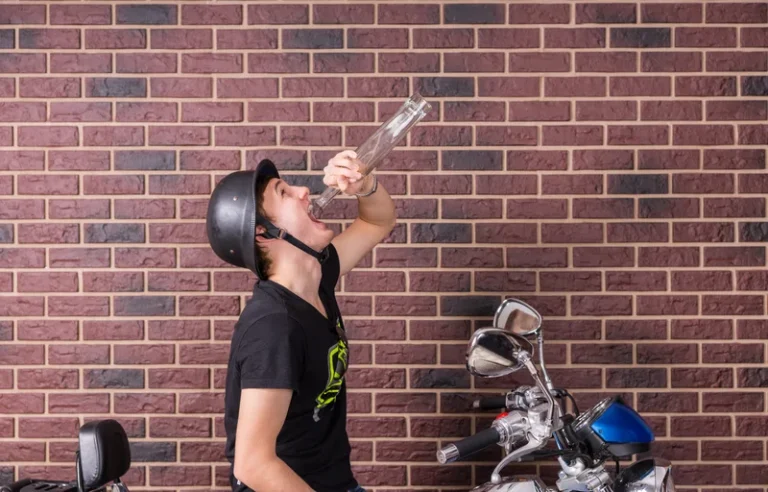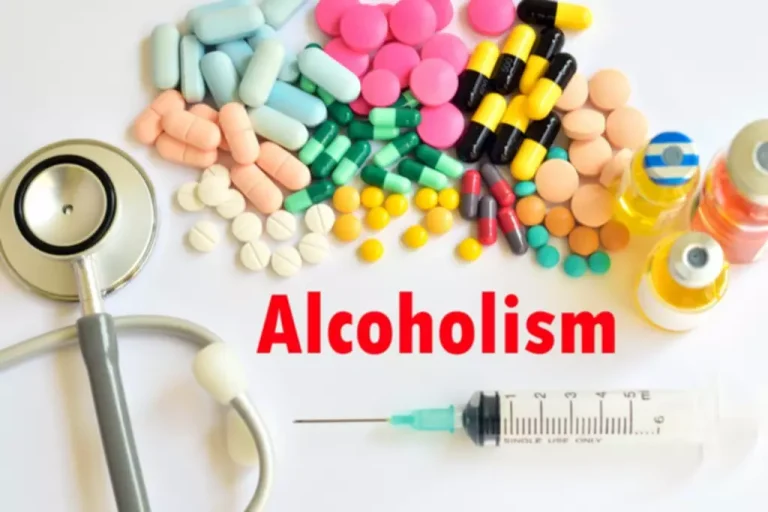- Have any questions?
- +1.800.677.8282
- [email protected]
How to Help a Family Member with Addiction to Drugs or Alcohol
Как играть в игры Вулкан игровые автоматы казино Реальные деньги
April 5, 2023Игорное заведение казино победа сайты Пятьсот Восхитительный Экстра
April 6, 2023
These time frames represent typical lengths of stay in treatment centers and are designed to provide individuals with a structured and intensive period of recovery. In New York, individuals seeking addiction treatment have access to a range of options tailored to their specific needs. These treatment programs encompass various levels of care, such as detoxification, inpatient, and outpatient services.

Which States Have Involuntary Commitment Laws For Addiction Treatment?

Engaging in activities that promote mental, emotional, and physical well-being can help individuals avoid relapse and enhance their overall quality of life. For individuals who need a structured and supportive living environment, transitioning to a sober living home or transitional housing can provide a safe and sober space. These arrangements how to get someone into rehab often have rules and expectations regarding sobriety and can offer peer support and accountability. Aftercare therapy can help individuals continue working through underlying issues, manage triggers, and sustain their recovery efforts. This allows them to reintegrate into their daily lives while receiving ongoing care.

Step Addiction Meetings in New York State
It may take more than one conversation for your loved one to agree to seek help. After that, it may take time before they find a treatment facility or healthcare professional to fit their specific needs.16 Go into the process with patience. Preparing for the conversation is an essential step in helping your loved one recognize the need for rehab. By educating yourself about addiction, gathering information and resources, and engaging supportive individuals, you can approach the conversation with confidence and compassion. Remember, this is a journey that requires patience and understanding, and by taking these steps, you are already making a positive difference in your loved one’s life.
Co-Occurring Mental Health & Substance Abuse Treatment
If your loved one is reluctant to get addiction treatment, there are techniques and support services available to help. Generally, most insurance plans offer at least partial coverage for substance use treatment. MAT involves the use of FDA-approved medications that are specifically prescribed to treat substance use disorders. The prescribed medication will depend on the abused substance and individual factors such as medical history, withdrawal symptoms, and treatment goals.
- While an intervention does not force a person to go to rehab, it may help them to see the situation more clearly and to better understand their options.
- Now is as good a time as any to do some research and talk to professionals who are knowledgeable about substance use disorders and what successful recovery entails.
- Our highest level of programming at Flatirons Recovery provides 24-hour structure, supervision, and accountability.
- It is indeed a smoother admission process when the patient is ready for change.
Your addiction does not have to define who you are.

It should not be used in place of the advice of your physician or other qualified healthcare providers. The best course of action you can take now before attempting an involuntary commitment is to help your loved one seek treatment on their own. Look for treatment centers that might appeal to them in terms of the location or the services provided, such as legal services, family counseling, educational help, medical treatments, and mental health services. And if finances prevent them from getting treatment, there are options for using public assistance for rehab.
Express your worries and observations regarding their substance abuse in a non-judgmental manner. Use “I” statements to avoid sounding accusatory https://ecosoberhouse.com/ and focus on how their behavior has impacted you and others. Let them know that you are speaking out of love and concern for their well-being.
- The percentage of deaths due to drugs and alcohol between 2006 and 2015 in Brooklyn was considerably lower than both the state average (13.96%) and the national average (13.36%).
- However, once the patient is released from involuntary rehab, the problem does not remain under the jurisdiction of civil commitment laws and is then treated as a case process of addiction treatment and aftercare.
- Maintaining long-term commitment to recovery can be challenging for individuals going through rehab.
- Because of this, it’s important to approach the subject patiently, compassionately, and strategically.
- However, you can rest assured your loved one is surrounded by compassionate and experienced professionals who have been trained to help clients with substance use disorders and co-occurring disorders.
How to Get a Loved One into Rehab:A Step-by-Step Guide
- Many states allow parents to force their underaged children to attend drug and alcohol rehab without their consent.
- Read on to find instructions for using it, and to learn which rehabs qualify as the highest rated, low-cost facilities in the state.
- You can call an addiction helpline to find help, get guidance, and better understand options.
- Recognizing the signs of addiction and understanding when to consider rehab is the first step towards helping someone get the support they need.

